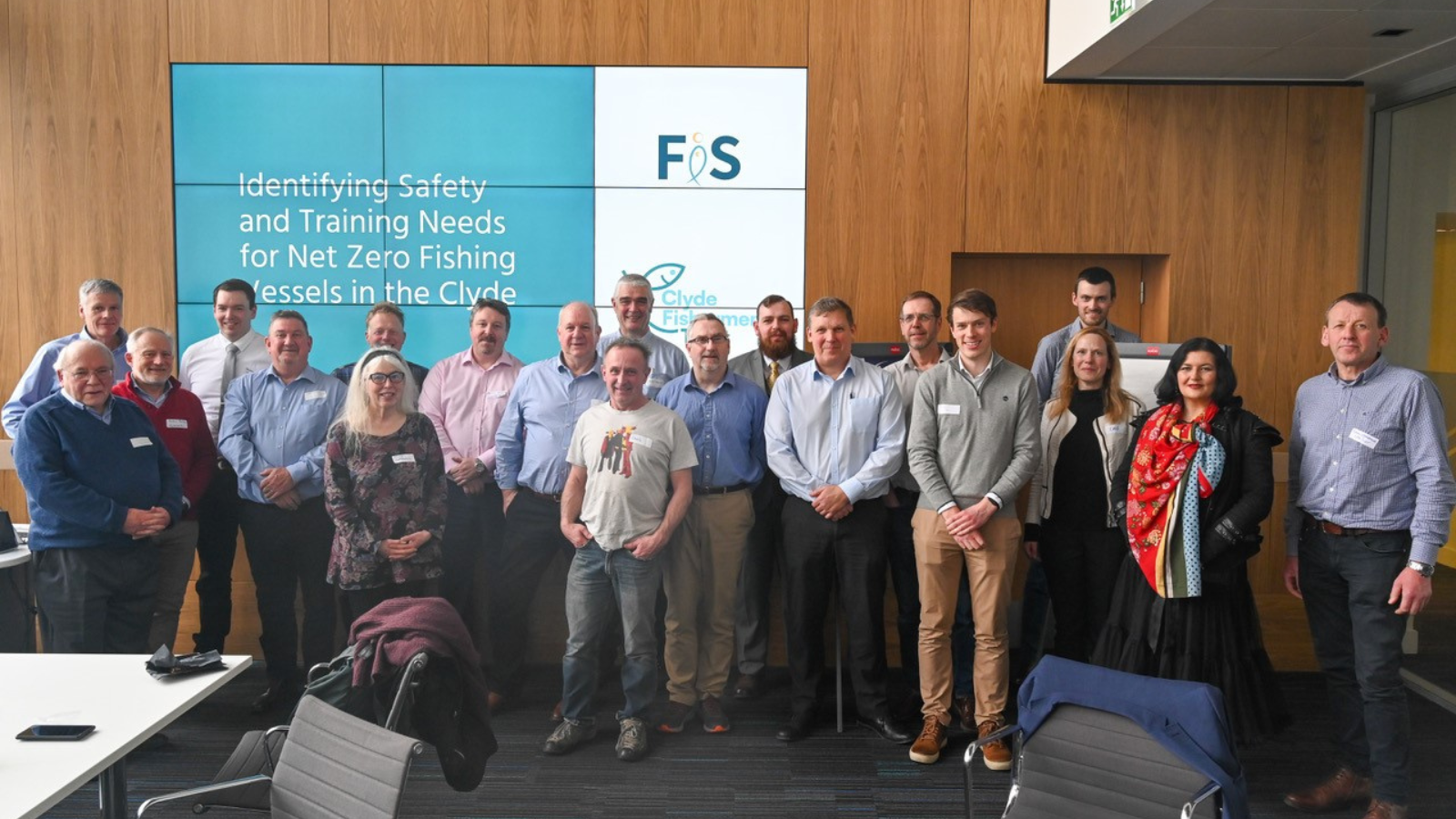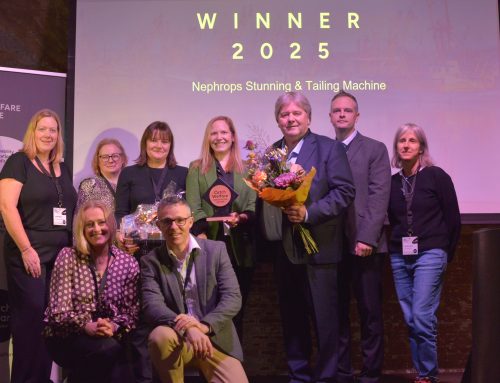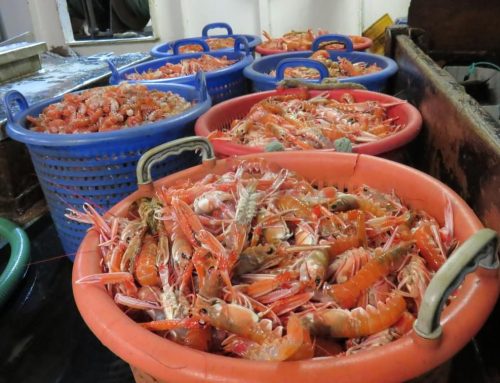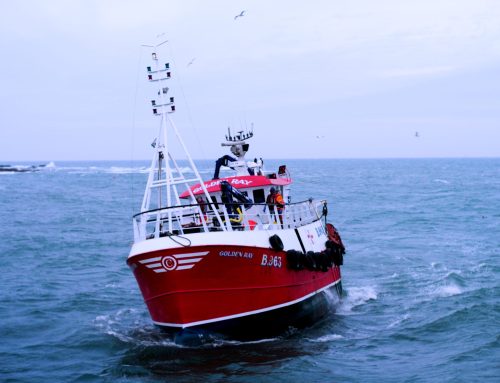FIS and the Clyde Fishermen’s Trust recently hosted two fisher-led workshops, bringing together key stakeholders in the industry – including vessel designers, engineers, regulators, ports representatives and training experts – to discuss how to support Clyde fishing communities in the transition towards a net zero fishing fleet. The workshops are part of FIS’s “Vessels of the Future” workstream, which investigates opportunities for alternatively-powered fishing vessels in UK, with the objective of ensuring no segment of the fleet is left out of a truly just transition to low-carbon fishing.
A detailed report from the workshop is now available and outlines clear skills needs and actions for Clyde fishing communities to be part of this shift towards a net zero fishing fleet. During the workshops, participants agreed that maritime industries support governmental commitments for net zero, but that rapid changes in the sector may create skills deficits or leave members of the fleet behind. FIS’ Vessels of the Future work is built around the belief that it is crucial that all fishing sectors are considered, to ensure a safe, fair, and prosperous net-zero transition.
The workshops were a valuable opportunity to gather perspectives and insights, confirming that fisher knowledge and expertise must be central to discussions around the safe and practical decarbonisation of fishing vessels. Workshop participants identified several essential components to this process, including the development of prototype, proof-of-concept fishing vessels and a fuel transition roadmap specific to Clyde fisheries, the creation of a one-stop-shop for technical, financial, and regulatory advice on adopting new technologies, and actions to improve fishing literacy and perception of Clyde fisheries as a modern, carbon-conscious industry. It was agreed that these actions would support fishers and fishing businesses, contributing to attracting new entrants to the industry, opening up funding opportunities, as well as supporting collaboration with other sectors and industries.
Working to meet and protect the needs of fishing communities whilst addressing critical concerns around carbon consumption is inherently very complex – FIS and the Clyde Fishermen’s Trust will be taking this work forwards, using suggestions taken directly from the workshops. Our aim is to create real impact and provide meaningful support as the historic profession of fishing meets the challenges of the modern day.
Coming soon: FIS’ collaboration with Macduff Ship Design has completed its second phase, producing detailed designs of three net zero fishing vessels.







